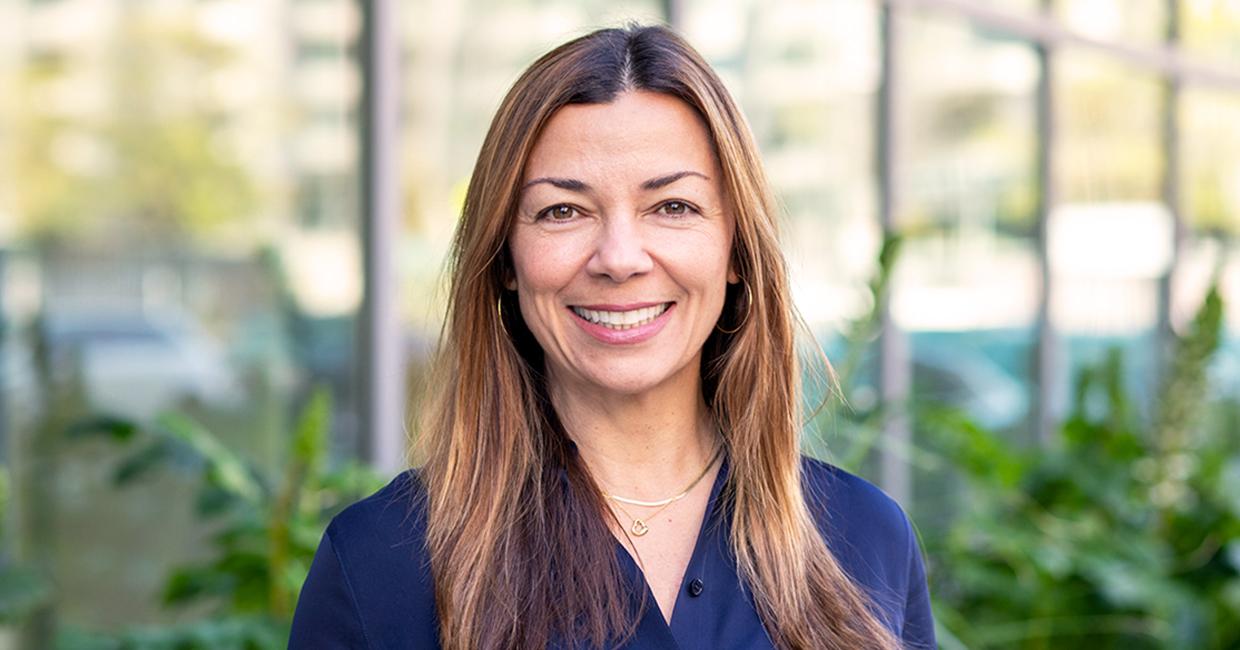When she was young, Daniela Brandao knew she wanted to work in water. “Growing up in Brazil, we had abundant water resources, but I realized that a large part of our population did not have access to clean water or sanitation.”
This reality began her life-long motivation to clean the water we use and protect the environment. But back then in Brazil, career paths available such as civil engineering, and sanitation, weren’t quite right for her. “I wanted to learn and do something different,” Brandao said.
First, Brandao headed for the Universitá Degli Studi di Firenze in Italy, where she studied environmental engineering. Later she transferred to the University of Colorado at Boulder, where she was the first to graduate from the Environmental Engineering Program. Brandao earned both a Bachelor of Science and Master of Science degrees in Environmental Engineering from CU Boulder.
Brandao is now a Senior Project Manager at SFPUC’s Infrastructure Division. “It’s exciting to be working in this field,” said Brandao. “With the climate change we are experiencing now, the general public really understands. There is a greater appreciation for the environment and how everything is connected.”
A Nexus between Water, Energy, and the Environment
Brandao manages the new Biogas Utilization Project, which will be SFPUC’s first Public-Private-Partnership (also known as a “P3”).
The project is part of the improvements being made at the Southeast Treatment Plant, where 80% of the City’s wastewater and stormwater is treated. The biogas (a byproduct of wastewater treatment) generated by the new Biosolids Digester Facilities, will be upgraded to biomethane, which is a renewable energy source. Ultimately, biomethane will displace the use of fossil fuel and reduce air emissions.
Creating Sustainable Solutions
This P3 method will promote collaboration between private and public sectors, which Brandao believes is needed to help solve our climate change challenges.
According to the project’s plan, the private developer will design, build, finance, operate and maintain the Biogas Facility, as well as sell the renewable gas - and the environmental credits with it. This approach will use the expertise of private partners and preserve the City’s funds.
“I am really excited!” said Brandao. “For so long, our natural resources were being used in ways that were not sustainable.”
“We Need to do Something Now.”
Daniela quotes her 17-year-old daughter Sofia, who is going to college to study environmental science. “Sofia likes to say, ‘The lifestyle we live now will damage our Earth to the point that we can’t live here anymore. If we want to continue using the resources that our planet gives us – let alone keep human life here – we need to do something now before it gets too late.’”
“She got it right,” said Brandao. “There is urgency to change how we do things. Everything we do matters.”


